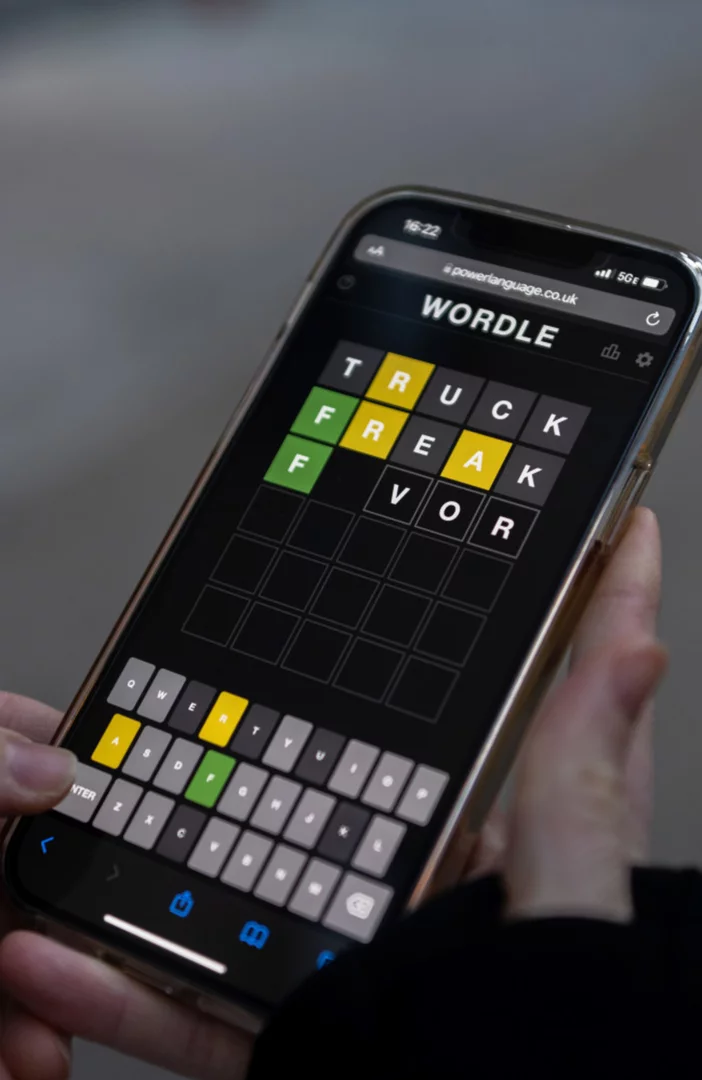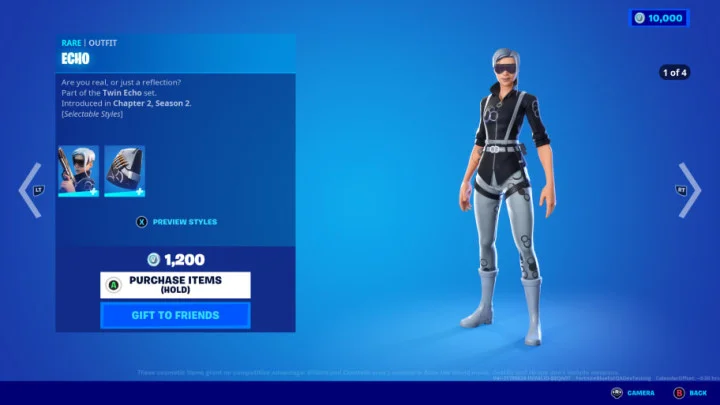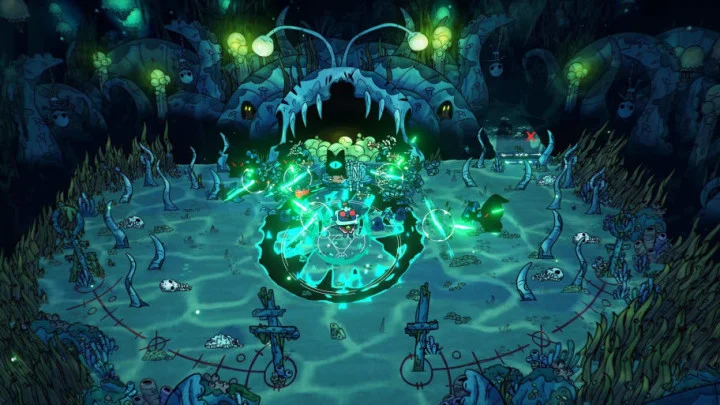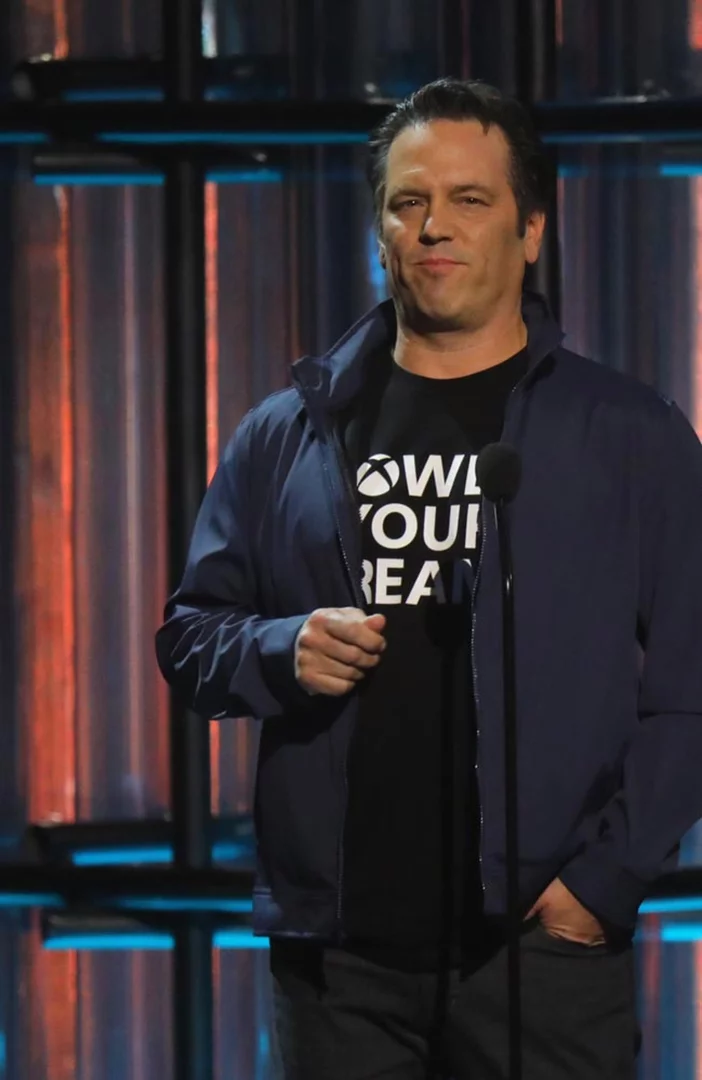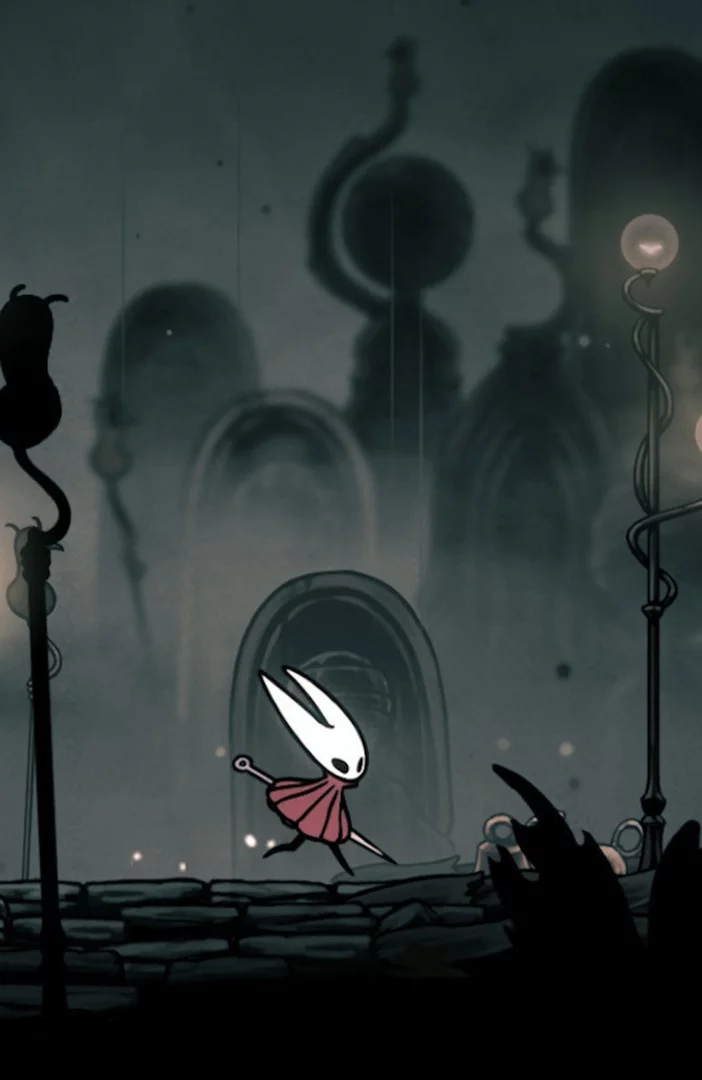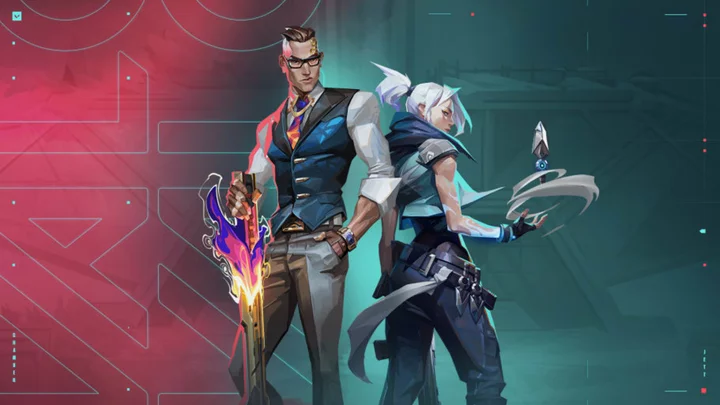'Wordle' now has ads, unless you are a New York Times Games subscriber.
The web-based word game was acquired by the newspaper last year, and now it's teamed up with DoorDash to promote the on-demand food delivery service when using the app on a phone’s web browser.
However, you can “immediately" close the ad.
While it's a first for mobile, 'Wordle' has been running ads on the desktop version since last year.
Wordle launched in 2021, having been created and developed by Welsh software engineer Josh Wardle.
The game became hugely popular very quickly and the New York Times company eventually acquired the brand for an "undisclosed price in the low-seven figures".
In April, Spotify closed down the spin-off 'Heardle', less than a year after acquiring it.
The streaming giant only purchased the popular music trivia game - which sees users guessing the song and artist as quickly as possible from just the first few seconds of pressing play - last July.
Spotify’s global head of music Jeremy Erlich said: “Heardle has proven to be a really fun way to connect millions of fans with songs they know and love and with new songs … and a way to compete with their friends as to who has the best musical knowledge.”
However, Spotify said: "After careful consideration, we have made the difficult decision to say goodbye to Heardle as we focus our efforts on other features for music discovery.”
The game became defunct on May 5.
A push notification informed users: “Thanks for playing Heardle, but unfortunately we have to say goodbye. From May 5th, Heardle will no longer be available.”
At the time of the acquisition, Erlich, said: “We are always looking for innovative and playful ways to enhance music discovery and help artists reach new fans.
“Heardle has proven to be a really fun way to connect millions of fans with songs they know and love and with new songs . . . and a way to compete with their friends as to who has the best musical knowledge. Since its debut, the game has quickly built a loyal following, and it aligns with our plans to deepen interactivity across the Spotify ecosystem.”

